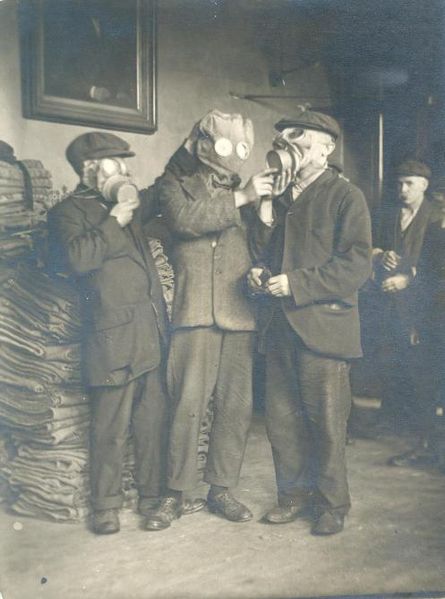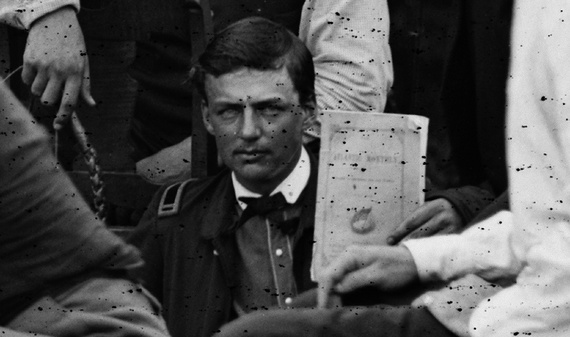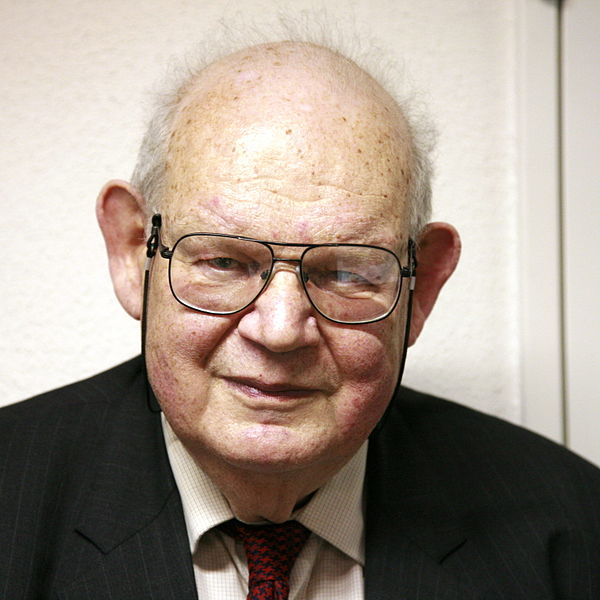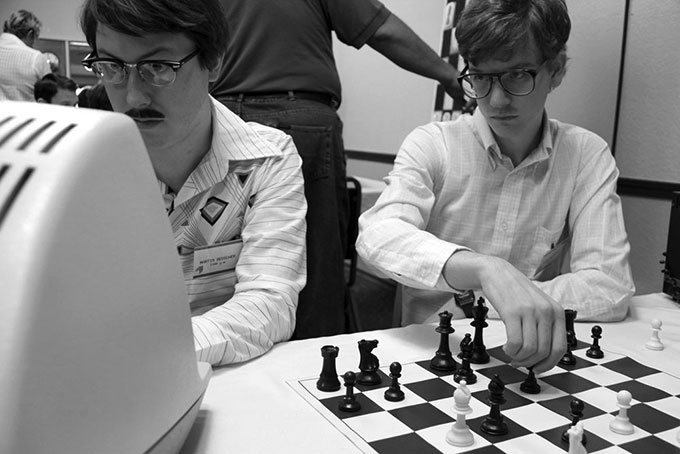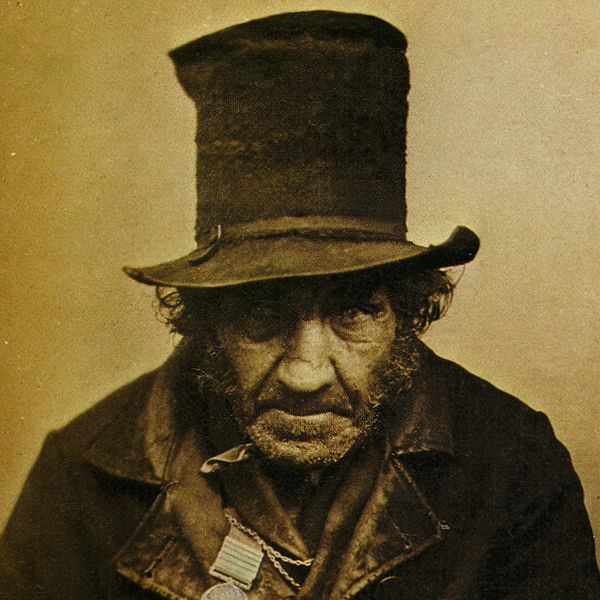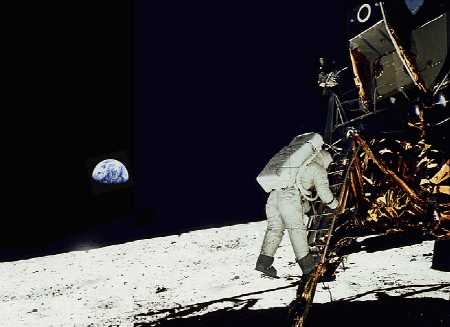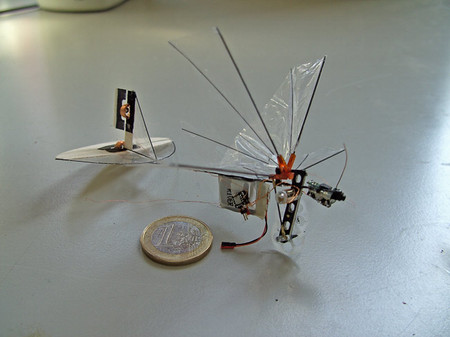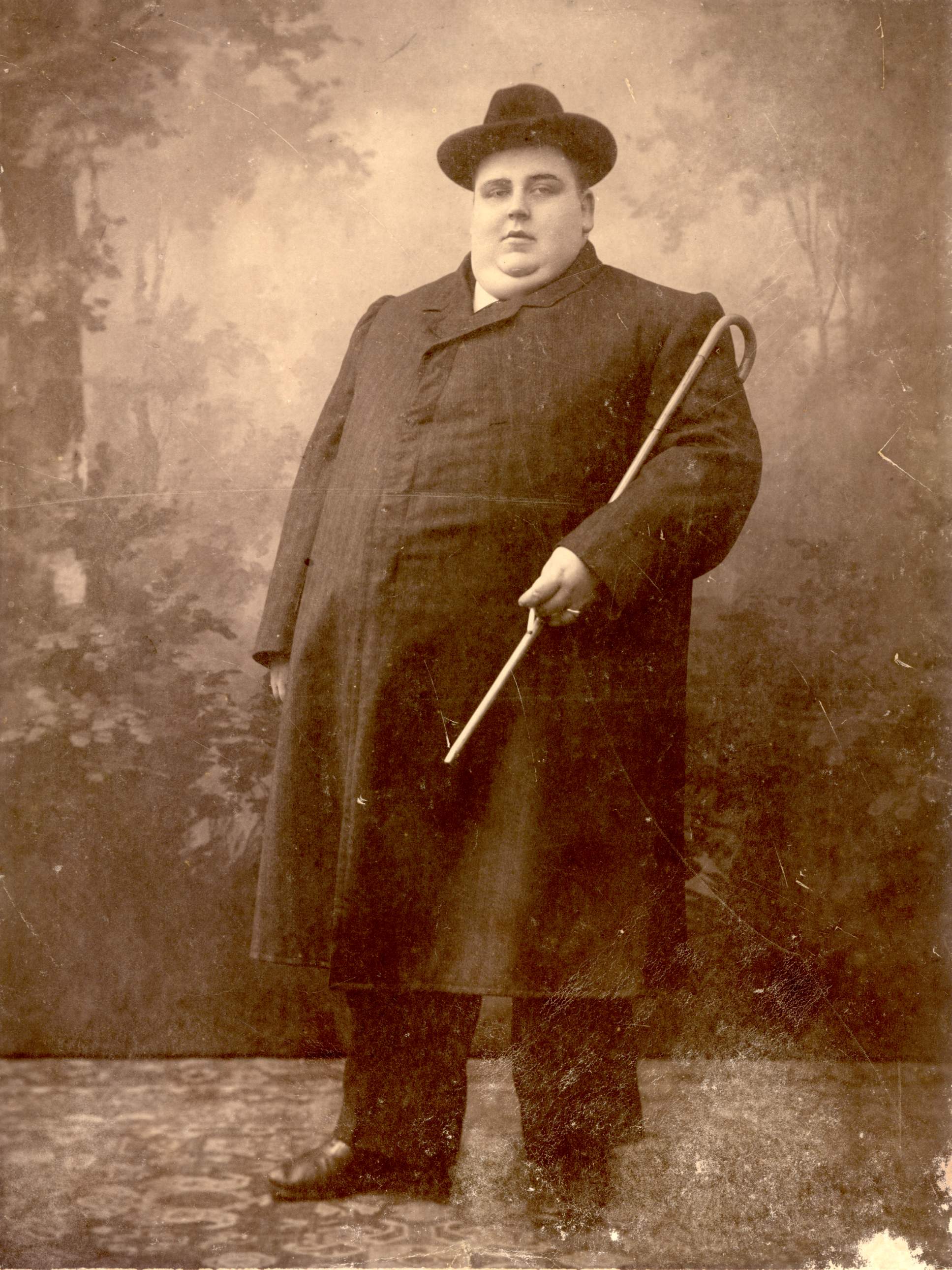
“I am looking for a fat man.”
When they weren’t enjoying clambakes, men of a certain weight were finding it easy to secure gainful employment, as evidenced by an article in the July 17, 1920 New York Times. An excerpt:
“A discerning hospital superintendent has discovered that he needs fat men at the information desk and switchboard to help make things run smoothly in the institution over which he holds sway, according to The Modern Hospital.
‘I am looking for a fat man,’ said he, ‘and I am having trouble to find him. I want him for the information desk and I want him quickly.’
The superintendent then went on to explain that some time ago he determined to find the cause for the rather constant criticism of his institution, criticism that seemed wholly unwarranted. He was certain, he said, that the medical work was of high grade, that his nurses were well trained, and that the food and service were satisfactory. In spite of this, there seemed to be a tendency among the public for uncomplimentary observation. This tendency, or as the superintendent put it, the habit of finding fault was difficult to analyze. It was all the more difficult because the criticisms were vague; they evaded analysis.
A painstaking process of elimination, and a follow-up, or rather a follow-down, of the comments revealed the source of the trouble. It was at the very entrance of the hospital, at the information desk.
‘The quick, nervous types,’ said the superintendent, ‘that I had at the switchboard and the entrance I had thought very efficient. I supposed I thought so because they were quick, but I was wrong. They didn’t stand the strain well, they did not lend themselves to the other man’s point of view. To them a visitor was an intruder. And now I’m going to have a big good-natured man, two if necessary, men who will wear well, who can smile, and who will make people good-natured in spite of themselves It takes a fat man to do that.’
‘If the superintendent is right,’ adds the writer, ‘we need fat men. The information desk of any hospital is the first and last place and the last place for good nature.'”





